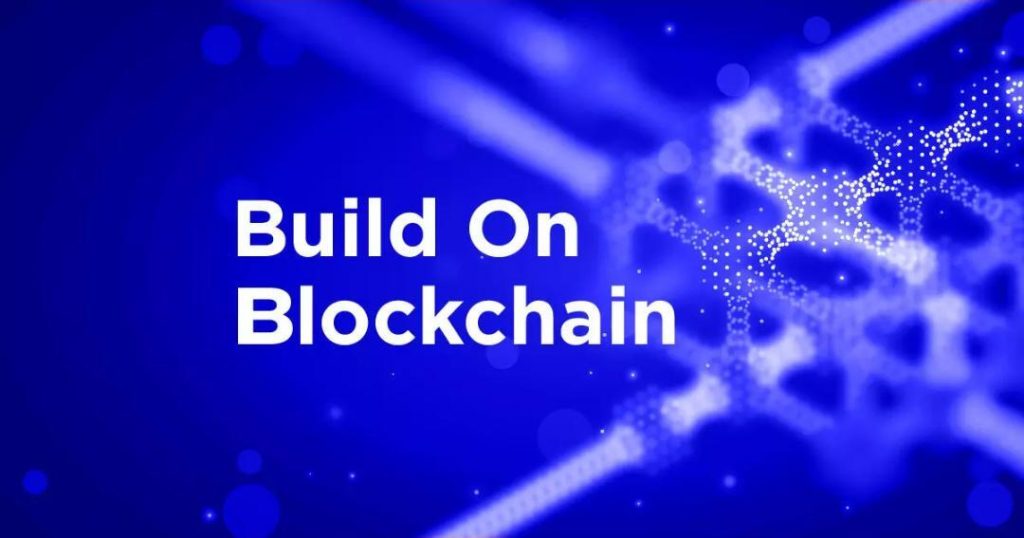
Indian Banks Must Step Beyond Private Blockchain Pilots
The financial world is abuzz with the recent news that JPMorgan has successfully used a public blockchain for real-world settlement. This significant milestone marks a shift in the financial landscape, as the banking giant has demonstrated the potential of blockchain technology to facilitate seamless and secure transactions. India’s banks, who have previously tested blockchain privately, must now take the next step and engage with public infrastructure to scale, cut costs, and remain globally competitive.
Private blockchain pilots have been the norm in India, with institutions such as HDFC Bank, ICICI Bank, Axis Bank, and SBI attempting to explore the potential of blockchain technology. While these experiments have shown promise, they have also been limited in scope and scale. Public blockchains, on the other hand, offer a more robust and decentralized infrastructure that can support real-world transactions.
The use of public blockchain by JPMorgan is a significant development, as it signals that the technology is mature enough to be used in real-world applications. This is a critical juncture for Indian banks, as they must now decide whether to continue with private experiments or transition to public infrastructure.
The benefits of public blockchain are numerous. For one, it provides a decentralized and transparent infrastructure that eliminates the need for intermediaries. This reduces costs and increases efficiency, making it an attractive option for banks looking to cut expenses. Public blockchains also offer a level of security that is unmatched by traditional systems, as they use advanced cryptography and distributed ledger technology to ensure the integrity of transactions.
Moreover, public blockchains are scalable, allowing them to handle a large volume of transactions. This is critical for Indian banks, which must process millions of transactions daily. The scalability of public blockchains makes it an attractive option for banks looking to expand their services and reach a wider customer base.
Regulatory momentum is also building in favor of public blockchain. Governments around the world are recognizing the potential of blockchain technology and are working to create a regulatory framework that supports its growth. India, too, is moving in the same direction, with the Reserve Bank of India (RBI) and the Securities and Exchange Board of India (SEBI) both exploring the potential of blockchain technology.
The RBI has already issued guidelines for blockchain-based applications, and SEBI has established a working group to explore the use of blockchain in the securities market. This regulatory momentum is critical for Indian banks, as it provides a clear framework for them to operate within.
So, what does this mean for Indian banks? It means that they must now step beyond private blockchain pilots and engage with public infrastructure. This requires a significant shift in their approach, as they must move from experimentation to real innovation.
For instance, HDFC Bank has been testing blockchain technology for cross-border payments, but it must now consider using public blockchain to scale its services. ICICI Bank has been exploring the use of blockchain for supply chain management, but it must now consider using public blockchain to expand its reach.
Similarly, Axis Bank has been testing blockchain technology for trade finance, but it must now consider using public blockchain to increase efficiency and reduce costs. SBI has been exploring the use of blockchain for remittances, but it must now consider using public blockchain to process a larger volume of transactions.
In conclusion, JPMorgan’s use of a public blockchain for real-world settlement is a significant development that signals a shift in the financial landscape. Indian banks must now step beyond private blockchain pilots and engage with public infrastructure to scale, cut costs, and remain globally competitive. With regulatory momentum building, this is a moment to go from experimentation to real innovation.
News Source:
https://www.thecore.in/technology/blockain-jpmorgan-finance-banking-hdfc-bank-icici-bank-axis-bank-sbi-837701





